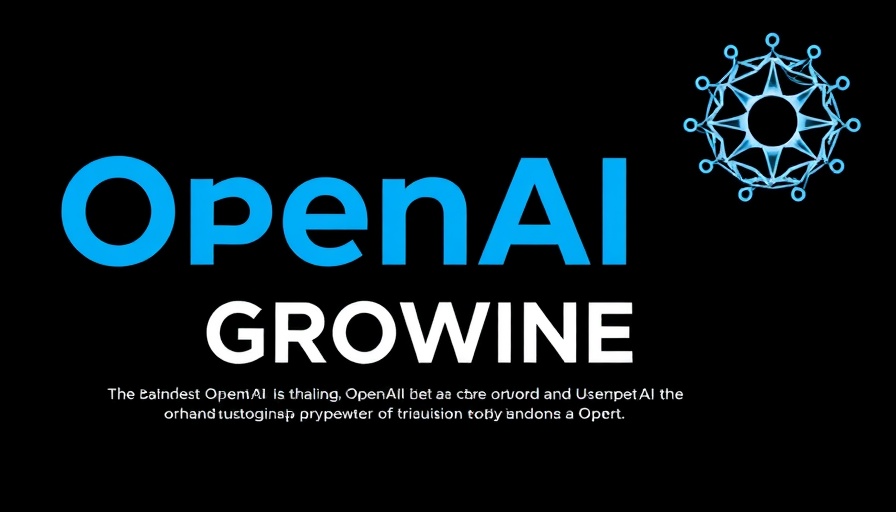
The Impact of Tariffs on AI: A Global Perspective
Trump's recent tariff declarations have stunned financial markets, with significant fallout for the AI sector. As global markets witnessed a staggering loss of nearly $10 trillion, tech giants like Apple and Tesla found themselves under immense pressure, seeing declines of 20% and 5% respectively in just days. With AI's growth intricately linked to international cooperation, these tariffs threaten to spiral out of control.
Dependency on Global Supply Chains
The lifeblood of AI—the seamless operation of global supply chains—is now at risk. Taiwan, a major hub for semiconductor production, faced a staggering 32% tariff, sending its stock market into freefall. The fall of 10% in such a brief period left its foreign minister scrambling for negotiations. These supply chains include not just semiconductors, but also essential non-semiconductor components that contribute significantly to data center costs, which support AI technologies.
AI's Peculiar Connection to Economic Policies
In a bizarre twist, concerns have emerged over whether AI itself had a role in crafting these new tariffs. Economist James Surowiecki noted that certain tariff calculations strikingly resembled methods suggested by AI models like ChatGPT. In an unusual revelation, these models recommend dividing trade deficits by country exports, seemingly mirroring the tactics employed by the White House.
Future Implications for the AI Sector
As the dust settles on these developments, the future appears uncertain for AI's relationship with tariffs and global trade. With supply chains under threat and retaliatory tariffs from China looming, the AI industry must innovate and adapt to the shifting economic landscape. Understanding these changes is critical for stakeholders hoping to navigate the complexities introduced by Trump's economic strategies.
By taking stock of these developments, businesses can prepare for a potentially significant transformation in how AI infrastructures operate. Staying informed and agile in these turbulent times will be crucial for success in the forthcoming economic climate.
 Add Row
Add Row  Add Element
Add Element 



Write A Comment